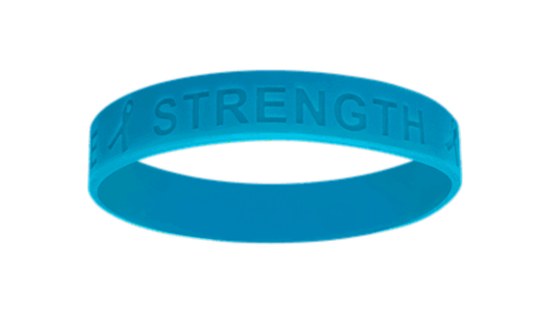

October is ADHD Awareness month and you may be asking yourself why this relates at all to my column on Organizing and Balance. It’s simple. Roughly 90 percent of my clients have ADHD (Attention Deficit Hyperactivity Disorder) and the key challenges are organizing, time management, and handling basic life tasks on a daily basis. So, this seemed the perfect opportunity to address the issues associated with ADHD. Many suffer from the symptoms without a diagnosis and this may shed some light on their life. So, read on, because chances are you, or someone you know, has ADHD and this may help you greatly.
Let me start by dispelling the myths as well as explain the types of ADHD there are. Firstly, ADHD is the correct acronym versus ADD. There are three types: ADHD: Predominantly Hyperactive; ADHD: Predominantly Inattentive; and ADHD: Combined Type. The Hyperactive component doesn’t mean that a person is jumping all over the place all day long. They could be someone who fidgets a lot or taps their toe constantly, but a bystander may not even notice that. A child, however, tends to exhibit this aspect by fidgeting in a more profound way.
Myth #1: Those with ADHD are lazy, don’t try hard enough, or are just stupid.
Quite the contrary, actually! Categorically those with ADHD are highly intelligent and very creative. So if this is YOU—feel free to own the fact that you are equipped to do great things. Some of the most brilliant scientists, writers, inventors, performers, and entrepreneurs have/had ADHD! While there are definitely challenges that most wish to overcome, the advantages are substantial and can be harnessed for great success in life. You just need to address the issues that get in your way.
Myth #2: People can outgrow ADHD.
Nope! It’s a chemical difference in the brain—this is not a behavioral issue that one has control over. It is known to be hereditary, so if one of your parents has it, good chance, so do you, or one of your siblings. Oftentimes a parent realizes they have been dealing with it undiagnosed all their life after their child is diagnosed. While this doesn’t go away with age, there can be a shift in the issues experienced. Many people also start developing coping mechanisms on their own over time to accommodate their weaknesses. Those who don’t, and those who wish to learn techniques to manage things that aren’t working so well, seek help.
Myth #3: Those with ADHD have a greater chance to become drug addicts.
People with ADHD who take stimulant medication tend to have much lower rates of substance abuse than people with ADHD who don’t take the medication (e.g., Wilens, Faraone, Biederman & Gunawardene, 2003). There are some indications that those individuals with undiagnosed or untreated ADHD tend to “self-medicate” with recreational drugs. Those who may take prescribed medications to control the symptoms generally are not the ones who abuse drugs. The medications they take help them to manage the issues they can’t on their own, thereby reducing their frustration, and often the desire for mood altering substances.
Myth #4: ADHD is over-diagnosed and probably doesn’t even exist.
There is research that there is an inherited biological component, and with the advances in scientific diagnostic options it’s easier to determine if one has ADHD or not. Since there are a lot of people in the world, it stands to reason that more people will exhibit this. About 8-15% of the population have a diagnosis (depending on area according to the CDC). There are many who do not. There is actually a brain scan that is able to not only determine that the brain isn’t working at full capacity, but which part of it isn’t “firing” correctly. This is aids in the process of helping solve the issues.
Catch my column for the next several weeks for more on ADHD. Each week I will address a different age group and share some tips on handling those dealing with ADHD in their lives. Until then, be aware and be compassionate. Living with ADHD in any capacity is not easy, yet it does keep one on their toes!
